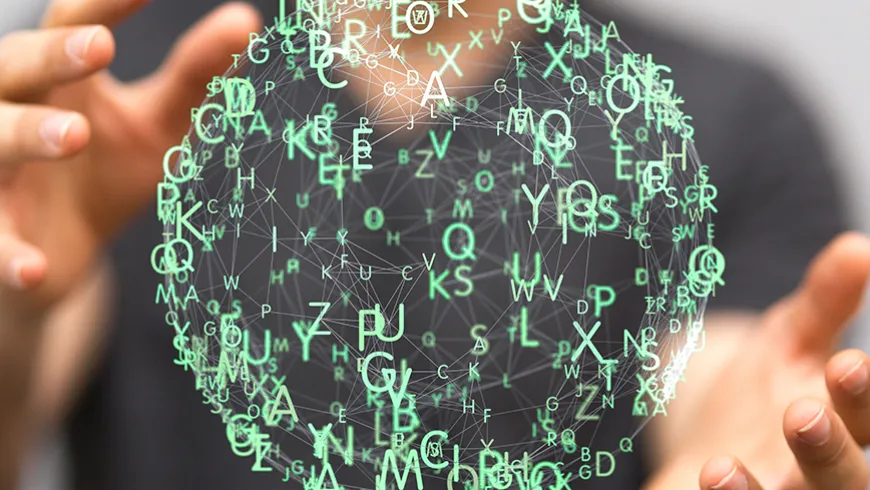
This course is a rigorous treatment of several standard, research-based methods for teaching assessment (i.e. authentic assessments, alternative assessments, assessment methods qualitative and quantitative testing, and non-specific measurement methods). Also, this course studies the concepts underlying assessment, identifies different assessment tools and incorporates assessment models appropriate for a variety of teaching settings.
This course is a general study of learning theories applicable to modern didactics. The course is designed to introduce students to historical and modern theories that impact schools in modern society on how children and their advocates learn.
This course studies the philosophy, rationale, and historical context of bilingual education. Through the use of information provided by research in this area, the participants will discuss programs, models and trends while exploring the Sociological and Political aspects of Bilingual Education. Special emphasis is placed on research analysis on the acquisition of the first and second language, as well as in the study of strategies to develop the first language and acquire a second through the content areas.
This course focuses on strategies for the implementation of English as a Second Language Programs in grades PK-12. Particular attention is paid to the identification, selection and evaluation of materials and tests English as a Second Language; the construction and presentation of structured and unstructured techniques for the teaching of English as a second language; classroom management; the relationship between oral skills and reading-writing; and the role of English as a second language in bilingual programs.
This course aims to develop students' awareness of the development of the curriculum and the planning process of the teaching guide, as well as its competencies for the design, curriculum and materials development and evaluation.
This course provides an introduction to the theoretical issues related to learning and language teaching. It also investigates the development of different approaches and teaching methods of languages. The purpose of this course is to help students develop a general idea about the theory of teaching and learning foreign languages and give them the opportunity to become familiar with different approaches to language pedagogy.
This course is designed to equip future professionals with the fundamental knowledge to understand the culture and teach children from diverse backgrounds. The course studies the theory and practice of multicultural education with a view to clarifying and developing the understanding of future teachers of the diversity in the classroom. Specifically, this course is designed to examine.
1) The nature and function of culture.
2) The development of individual and collective cultural identity.
3) Definitions and implications of diversity.
4) The influence of culture on learning, development and pedagogy.
In this sense, the course prepares students for critical analysis of social, cultural and, to some extent, fundamentals period, politicians of these approaches to public education. In this course, diversity refers to all ways in which people differ, including ethnicity, language, religious practices, sexual preferences, disability, socio-economic position, gender, and other differences.
Therefore, it gives an opportunity to learn more on cultural pluralism and diversity, dealing with racism and other prejudices, viewing history and current events from a variety of perspectives and thinking about teaching in a multicultural educational context.
This course provides the necessary competencies for critical understanding, evaluation, and utilization of published educational research papers. The course addresses quantitative research methods and qualitative. The agenda includes formulation of problems and improvement, research design; sampling; collection of information and measurements; data analysis techniques; and the inference process.

